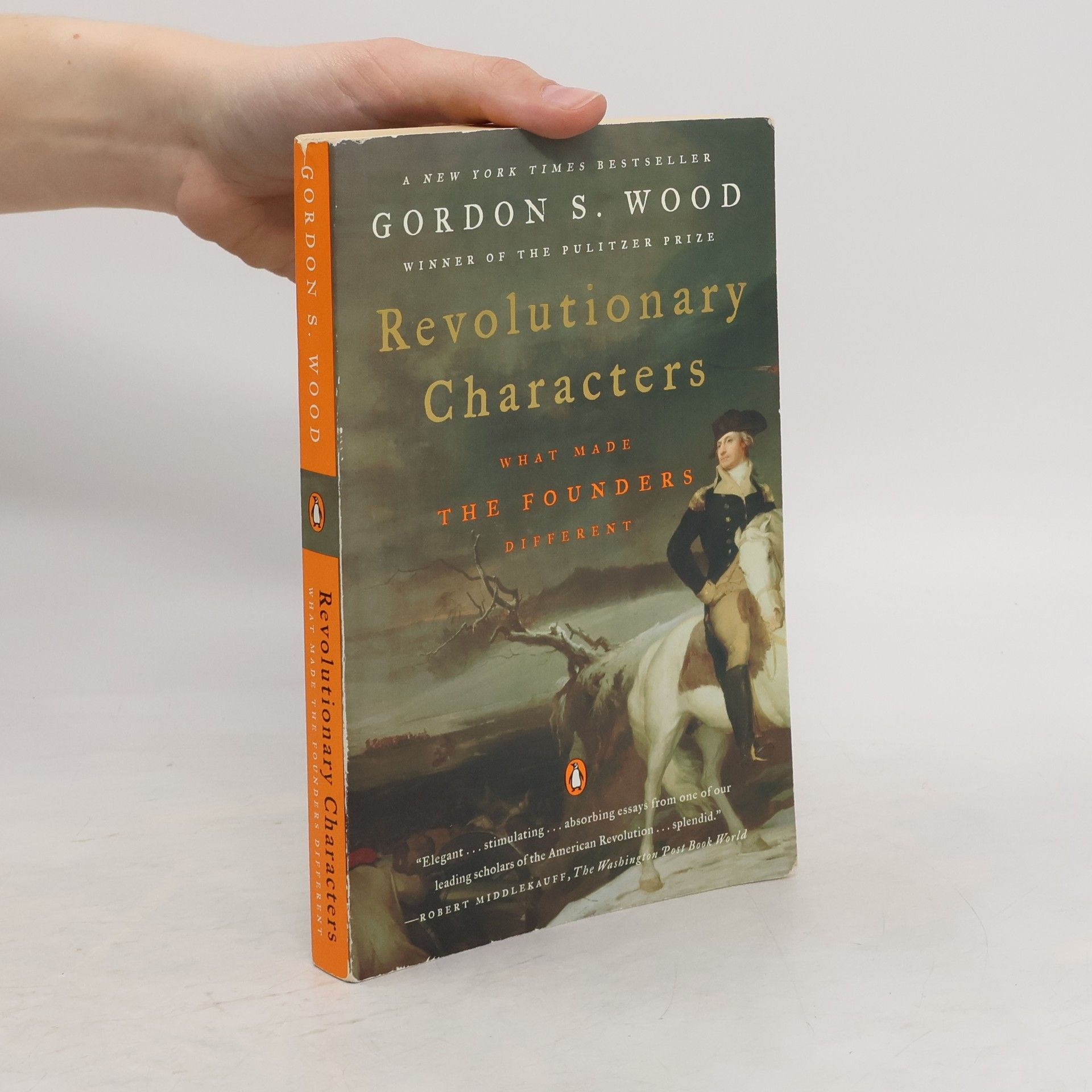From the most respected chronicler of the early days of the Republic and winner of both the Pulitzer and Bancroft prizes comes a landmark work that rescues Benjamin Franklin from a mythology that has blinded generations of Americans to the man he really was and makes sense of aspects of his life and career that would have otherwise remained mysterious. In place of the genial polymath, self-improver, and quintessential American, Gordon S. Wood reveals a figure much more ambiguous and complex and much more interesting. Charting the passage of Franklin’s life and reputation from relative popular indifference (his death, while the occasion for mass mourning in France, was widely ignored in America) to posthumous glory, The Americanization of Benjamin Franklin sheds invaluable light on the emergence of our country’s idea of itself.
Gordon S. Wood Books
Gordon S. Wood is a distinguished historian whose work centers on the American Revolution and the early United States. His writing is characterized by a profound exploration of the political and social forces that shaped the nation. Wood delves into the transformation of American society from its colonial roots to its emergence as a republic, illuminating the radical nature of revolutionary change. His prose is noted for its meticulous research and its capacity to connect grand historical narratives with the lived experiences and ideas of the era.




Power and Liberty
- 228 pages
- 8 hours of reading
Written by one of early America's most eminent historians, this book masterfully discusses the debates over constitutionalism that took place in the Revolutionary era.
Revolutionary Characters: What Made the Founders Different
- 321 pages
- 12 hours of reading
In 10 essays from previously published articles, the author presents miniature portraits of George Washington, John Adams, Thomas Jefferson, James Madison, Thomas Paine, and others known as the founding fathers.
Modern Library Chronicles - 9: The American Revolution
- 190 pages
- 7 hours of reading
Presents a concise history of the American Revolution and the birth of the American republic, from the earliest hints of revolt and unrest through the ratification of the Constitution.